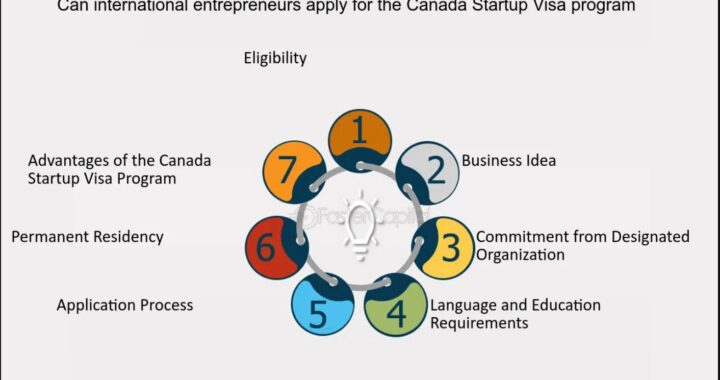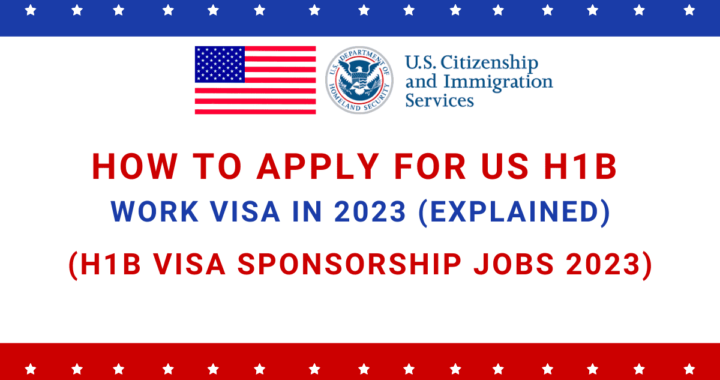Getting Employment Based Green Card

Process of applying for Green Card for staying and working permanently in USA explained here
Employment Based Green Card

Green card is an option for non US citizens that can help them in getting the chance to work and live in US permanently. The most common ways of getting a Green card is either through your family sponsoring it or your employer sponsoring it.
Employment based green card is issued when you get a permanent job in the US and comply with all the necessary requirements. Getting a green card, however, is a multi step process and requires many rules and regulations to be followed. It also is a long procedure and may take a lot of time to finally receive it.
Based on employment, the Green card is categorized into the following categories – EB1, EB2, EB3, EB4, EB5:
EB-1: These include
- Employees of extraordinary ability in the field of science, arts, education, business or athletics
- Professors, researchers and PhD holders
- Managers and executives working is US on international transfer basis
EB-2: These include
- Employees with notable ability in science, arts or business and advanced degree professionals
- Physicians practicing medicines in a less served area of the US
EB-3: These include
- Professionals with Bachelors degree
- Skilled workers
EB-4: These include
- Religious workers, employees and former employees of U.S Government abroad
- Persons serving as translators with the United States Armed Forces
EB-5: These include investors who can or are able to invest $1,000,000 and create at least 10 new full time jobs in the US
From the above categories, EB-1 gets the priority dates while the green card is being issued as compared to the other categories which take longer.
Steps involved in getting an employment based green card
As mentioned above, getting a green card is a multi step process and can be divided mainly into 4 steps:
Process of applying for Green Card for staying and working permanently in USA explained here
Step 1: Labor Certification
The sponsoring employer must determine whether the employee is eligible for obtaining the residency. The employer must file a labor certification with the Department of Labor through an application (ETA-750).
Step 2: Petition for Immigration
After the labor certification is approved, the next step to be followed by the employer is filing of a petition through an application I-140 to INS.
Step 3: Adjustment of Status (I-485) or Consular Processing
Adjustment of Status is a procedure that helps an individual to become the resident of that particular country without having to go abroad and apply for an immigrant visa. The employee can continue working in the US while following the procedures and would not have to go to his home for this process specially.
The next step after petition filing is filing of I-485 and other related documents with INS, for yourself and family within USA. The spouse and minor children of the employee get the same status as him in the country. One can also file form I-140 along with form I-485, if the priority date is current. However, 485 can only be approved only after approval of 140.
At this time, you can also file for Employment Authorization Document (EAD) and Advance Parole or Travel Document (AP). After filing of I-485, you will have to do fingerprinting.
If the applicant is not in US, he/she can go through consular processing interview at a US Consulate in their home country.
Step 4: Final Receipt
After complying with all of the above, the passport finally gets stamped and the plastic card/green card is received.
All through the above process, the employee will have to stick to the employer who is sponsoring his green card. It’s a time taking process and if the applicant decides to change his company then he will have to go through the same process all over again as he loses the process and needs to start from the beginning.

 What actions by Trump Government are in store for illegal immigrants in US? What are Challenges to deport illegal immigrants from US?
What actions by Trump Government are in store for illegal immigrants in US? What are Challenges to deport illegal immigrants from US?  What are changes in Canada Start up Visa Program and Self-Employed Persons Program. How would it affect the potential immigrants to Canada?
What are changes in Canada Start up Visa Program and Self-Employed Persons Program. How would it affect the potential immigrants to Canada?  Launch Your Dreams: A Guide to Canada’s Start-Up Visa Program for Global Entrepreneurs
Launch Your Dreams: A Guide to Canada’s Start-Up Visa Program for Global Entrepreneurs  Options for Immigrating to Canada as a Healthcare Worker- Best Canadian Provinces that offer good salaries
Options for Immigrating to Canada as a Healthcare Worker- Best Canadian Provinces that offer good salaries  Immigrating to Quebec province Canada- Professions in demand with salaries- Racial Discrimination
Immigrating to Quebec province Canada- Professions in demand with salaries- Racial Discrimination  H1B Visa- Eligibility Requirements- its Duration- Process to apply and Professions in demand
H1B Visa- Eligibility Requirements- its Duration- Process to apply and Professions in demand  Recent Changes to Canada’s Work Permit Rules and its impact on Immigrants from India
Recent Changes to Canada’s Work Permit Rules and its impact on Immigrants from India  Applications for UK Immigration witness major decline as the Immigration Laws undergo significant changes
Applications for UK Immigration witness major decline as the Immigration Laws undergo significant changes